

How can treatment decision-making among patients and health care professionals (HCPs) managing relapsed/refractory multiple myeloma (RRMM) be better understood?
- Treatment decisions based on understanding all treatment options and patients’ goals and experiences are key to building trust between HCPs and patients1
- Aligning treatment with patient preferences could improve adherence and outcomes1
But there may be gaps between what patients and HCPs think is most important for outcomes1
Few studies compare treatment decision viewpoints of HCPs and patients1
- Studies are limited by region, line of treatment, or patient age1
- Studies are needed to confirm how care settings affect HCP treatment decisions1
Current understanding of what matters most to patients and HCPs during treatment decision-making is limited1
The Unite for MM survey sought to understand treatment decision-making considerations and current barriers to adoption of immunotherapies among patients and HCPs1
Survey goal: Identify care and treatment gaps based on patient and HCP factors1
- Identify similarities and differences in patient and HCP treatment priorities across different countries1
- Understand drivers and barriers to use of recently approved immunotherapies, such as bispecific antibodies (BsAbs) and chimeric antigen receptor (CAR) T-cell therapies, including in different care settings1,2,a
- Uncover opportunities to improve HCP-patient dialogue and treatment decision-making1
aAcademic/centers of excellence and non-academic (community) settings.1
- Web-based quantitative surveys designed for patients or HCPs and carried out between March and June 20241
- Participants surveyed in US, UK, France, Germany, Italy, Spain, and Japan1
- Patients with multiple myeloma (MM) aged 18+ years and who had experienced a relapse at least once1
- HCPs: Oncologists and/or hematologists practicing full-time, managing at least 3 patients with MM on second-line or later treatment within 12 months prior to survey, and in practice 4–35 years1
- All data were analyzed using descriptive statistics, chi-square, and stratified chi-square tests, conducted at country level for directional insights1
- Participant characteristics described with absolute counts and percentages for categorical variables and standard deviation, median, and range for continuous variables
- P≤.05 considered statistically significant
The online survey engaged a global population of patients with RRMM and HCPs who treat MM1
The Unite for MM Steering Committee
- Included MM experts, care team members, patients, and patient advocacy group representatives with varying perspectives based on practice setting and clinical vs research focus and representing 6 of the 7 countries studied in the survey1
- Provided insights and feedback during survey and protocol development, tested the surveys, and helped interpret results1
- Helped develop calls to action as positive steps that the MM community can take that may reduce barriers to and improve patient care
Patient Advocacy Group Representatives and Patients1,b

Yelak Biru
Patient Advocate
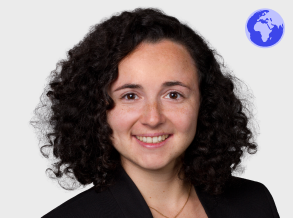
Solène Clavreul
Patient Advocate
Myeloma Patients Europe

Judith Hume
Patient
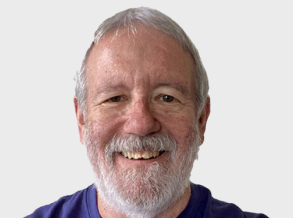
Jeff O’Donnell
Patient
Physicians, Nurses, Nurse Practitioner, and Pharmacist1,b
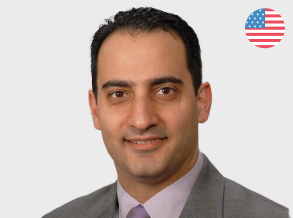
Sikander Ailawadhi
Physician
Mayo Clinic
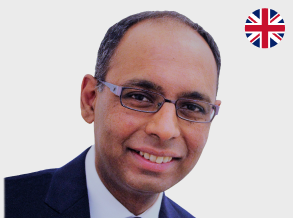
Rakesh Popat
Physician
University College
London Hospitals
NHS Foundation Trust
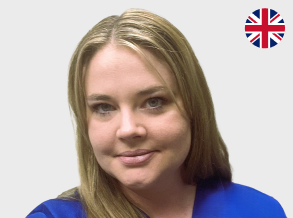
Hannah Belcher
Clinical Nurse Specialist
Cardiff and Vale University Health Board

Kevin Brigle
Nurse Practitioner
Massey Comprehensive Cancer Center, Virginia Commonwealth University
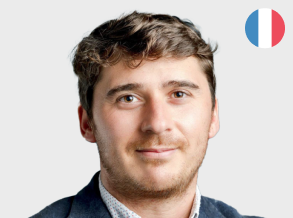
Nicolas Cormier
Pharmacist
Nantes University Hospital
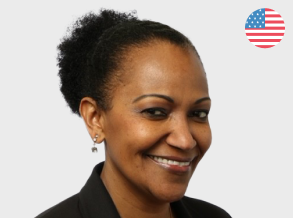
Yvonne Efebera
Physician
OhioHealth

Max Merz
Physician
Memorial Sloan Kettering Cancer Center
Former: University of Leipzig

Albert Oriol
Physician
Catalan Institute of Oncology
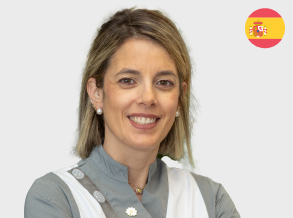
Maria Teresa San Miguel
Nurse
University of Navarra Clinic

Leo Rasche
Physician
University Hospital Würzburg
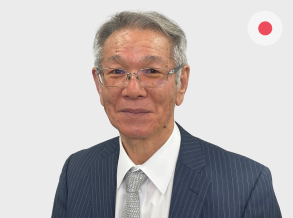
Kenshi Suzuki
Physician
Japanese Red Cross Medical Center
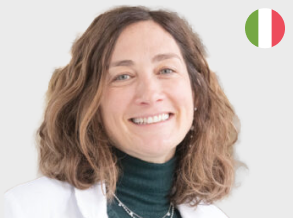
Elena Zamagni
Physician
Seragnoli Institute of Hematology, University of Bologna
bThe organization names are to show Steering Committee member affiliations and do not imply endorsement by the respective organizations. Steering Committee members have been compensated by Pfizer Inc.
References
- Ailawadhi S, Biru Y, Clavreul S, et al. Perspectives of healthcare providers and patients with relapsed/refractory multiple myeloma on treatment priorities and novel therapies. Patient Prefer Adherence. 2025;2025(19):1089-1104. Published April 2, 2025. Taylor & Francis Ltd. Reprinted by permission of the publisher Informa UK Limited trading as Taylor & Francis Ltd, http://www.tandfonline.com.
- Banerjee R, Biru Y, Cole CE, Faiman B, Midha S, Ailawadhi S. Disparities in relapsed or refractory multiple myeloma: recommendations from an interprofessional consensus panel. Blood Cancer J. 2024;14(1):149.